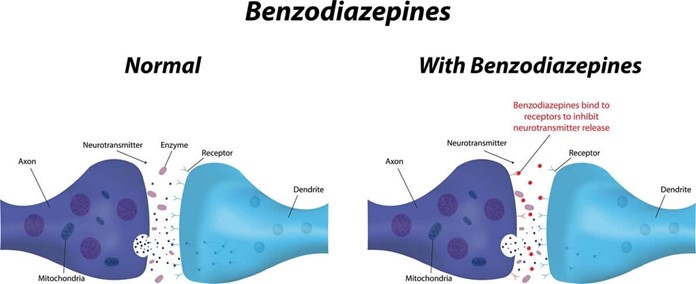What is the nurses best action when a client refuses to take medication?
Remind the client of the consequences associated with noncompliance
Investigate the reasons the client is choosing not to take the medication
Call the provider and explore the alternative medications
Bring in a social worker for counselling.
The Correct Answer is B
It is important for the nurse to understand why the client is refusing to take the medication. There may be underlying reasons such as side effects, fear, or misunderstanding about the medication. By investigating and addressing these concerns, the nurse can help the client make an informed decision about their treatment.
Option A may not address the underlying reasons for noncompliance and could be perceived as confrontational.
Option C may be appropriate after understanding the reasons for noncompliance and discussing them with the provider.
Option D may also be appropriate in some cases, but it is important to first understand the reasons for noncompliance before involving a social worker.
Nursing Test Bank
Naxlex Comprehensive Predictor Exams
Related Questions
Correct Answer is C
Explanation
Benzodiazepines are medications that work in the central nervous system and are used for a variety of medical conditions such as anxiety, seizures, and alcohol withdrawal ². They work by blocking excessive activity of nerves in the brain and other areas in the central nervous system ². While benzodiazepines can be effective in treating these conditions, they are not a cure and should be used as part of a comprehensive treatment plan that may include counseling or other forms of therapy ¹.
Option A is not correct because benzodiazepines do not require frequent blood counts to avoid adverse effects.
Option B is not correct because the decision to stop a medication should be made by a healthcare provider based on an individual's response to treatment.
Option D is not correct because benzodiazepines are not intended for long-term use and should be used for the shortest possible time to achieve therapeutic goals ².

Correct Answer is C
Explanation
Dantrolene is a medication that can be used to manage symptoms of malignant hyperthermia ¹. Malignant hyperthermia is a life-threatening reaction to certain medications used during general anesthesia ².
Dantrolene works by inhibiting the release of calcium in the muscles, which helps control the condition and restore normal vital signs ³.
Option A is not correct because baclofen is not used to manage symptoms of malignant hyperthermia.
Option B is not correct because diazepam is not used to manage symptoms of malignant hyperthermia.
Option D is not correct because tizanidine is not used to manage symptoms of malignant hyperthermia.

Whether you are a student looking to ace your exams or a practicing nurse seeking to enhance your expertise , our nursing education contents will empower you with the confidence and competence to make a difference in the lives of patients and become a respected leader in the healthcare field.
Visit Naxlex, invest in your future and unlock endless possibilities with our unparalleled nursing education contents today
Report Wrong Answer on the Current Question
Do you disagree with the answer? If yes, what is your expected answer? Explain.
Kindly be descriptive with the issue you are facing.
